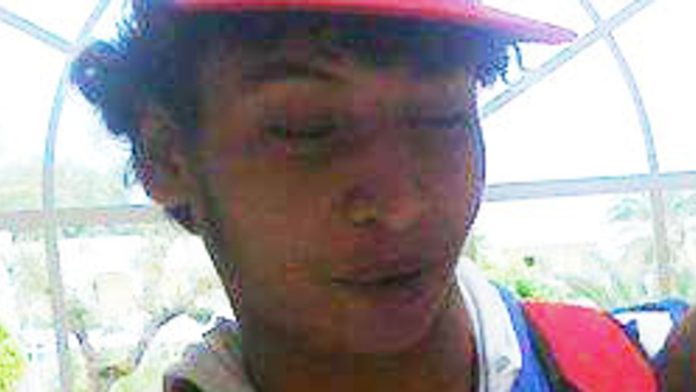Advocacy group CAGE has accused The Times newspaper of fabricating a story after the right-wing publication alleged it was working on behalf of suspected Reading stabber Khairi Saadallah.
A Times story published today and authored by crime reporter John Simpson said that CAGE was “working behind the scenes” to help Saadallah, who is suspected of murdering three men in Reading on Saturday.
But CAGE said in a statement: “At no stage have we had any dealing with the individual named in the piece (Khairi Saadallah), neither are we working on any campaign on his behalf. In view of ongoing criminal proceedings and subjudice rules, we will not be making any further comment about the facts of the case. This story is a new low for those employed by Rupert Murdoch, one of the pioneers of the global Islamophobia industry.”
Saadallah was referred to the Home Office’s Prevent counter-extremism programme, shortly after the attack but was not been viewed as having a coherent ideology. He has also been assessed by MI5 who have not considered him a threat.
Saadallah, who was granted asylum in the UK after becoming a member of a group that overthrew Colonel Gaddafi in Libya, his homeland, is still being held for questioning after his arrest. Friends and family have said he suffered trauma as a result of the conflict and has had mental health problems. He is also believed to be a convert to Christianity.
Commenting on the Reading incident CAGE said: “The tragic incident in Reading has exposed a catalogue of failings by police, Prevent, MI5 and the probation service. We need to confront the fact before us — that counterterrorism cannot, and will not, keep people safe, and that we need a clean break from business as usual.”
Thames Valley Police have said they do not believe there to be a wider risk to the public or that anyone else was involved in the offence.
Subscribe to our newsletter and stay updated on the latest news and updates from around the Muslim world!
In the recent past The Times has had to issue several apologies to Muslims for misleading stories about them.
Late last year The Times apologised and paid damages to an Imam who questioned the Conservative leadership candidates about Islamophobia during a high-profile BBC debate.
In 2018 the newspaper published a front page correction after the UK’s largest press regulator said aspects of its reporting of the case of a Christian girl placed with Muslim foster carers in east London had “distorted” the facts.
And in 2016 it printed an apology for an article which accused prominent pro-Palestine activist Ibrahim Hewitt of anti-Semitism.




















